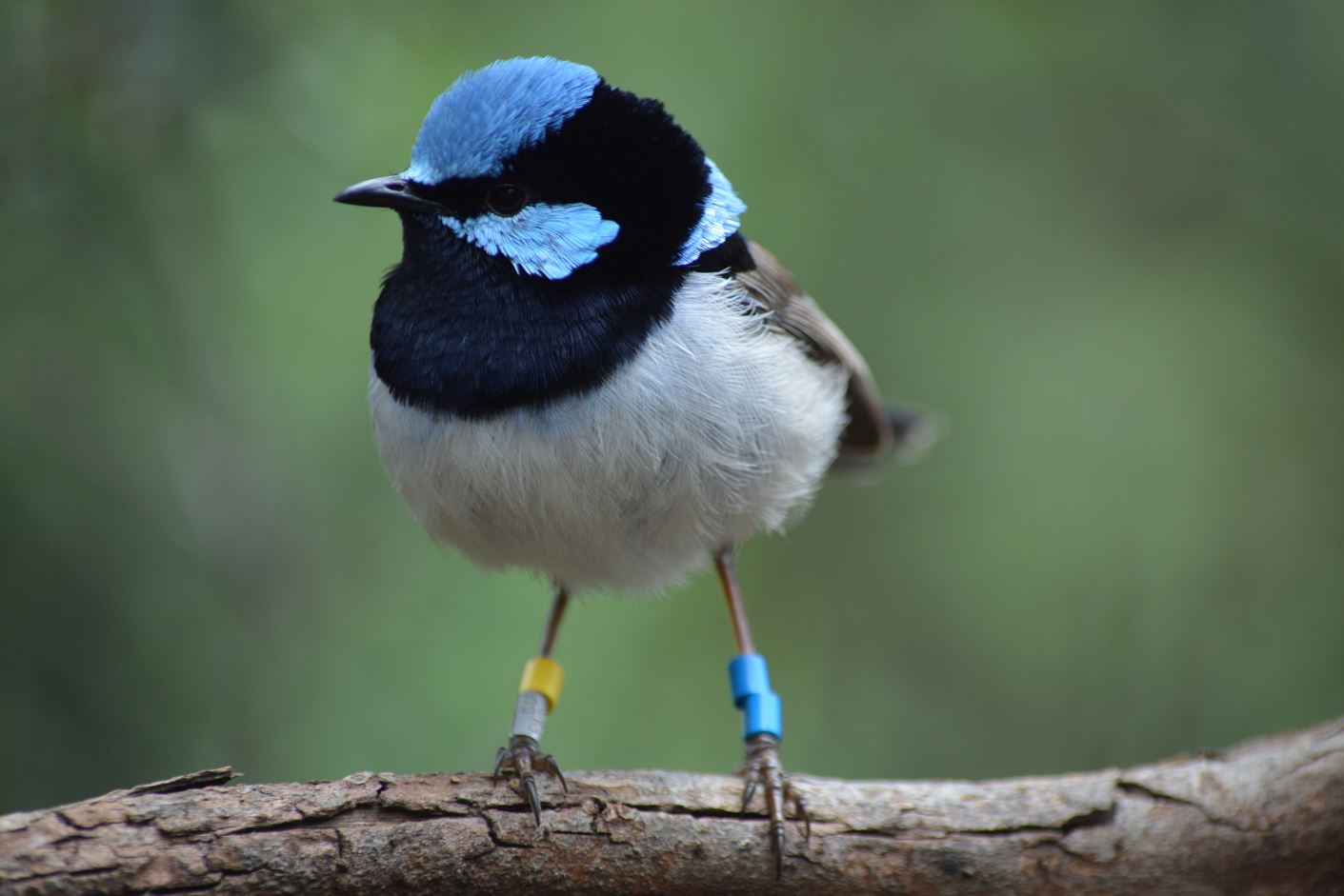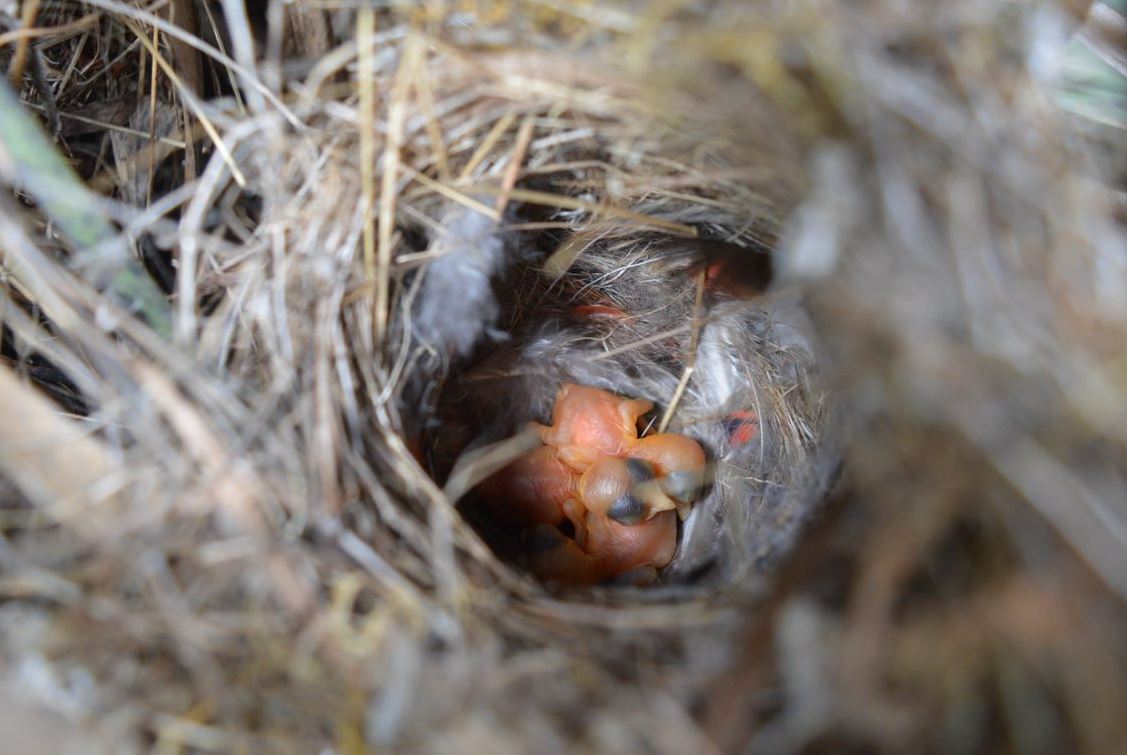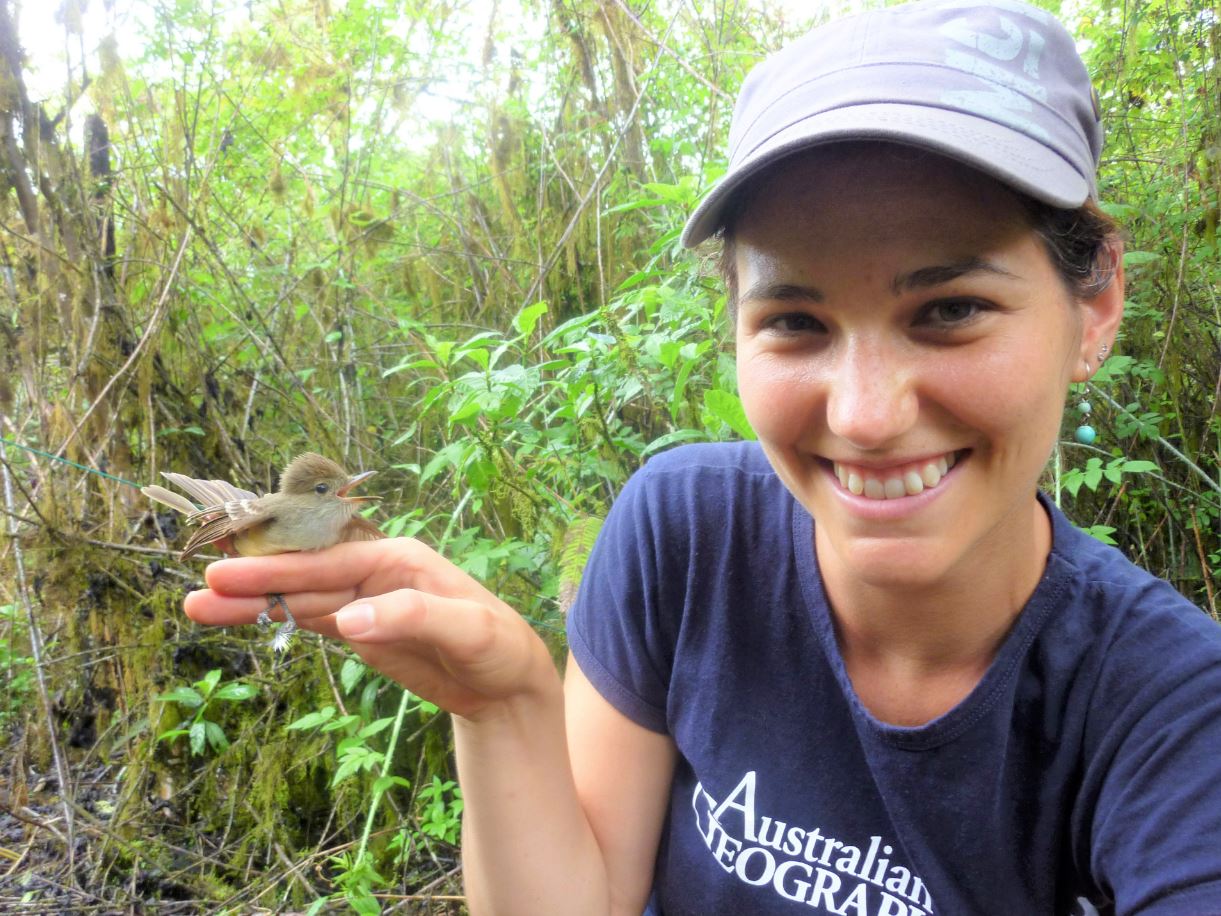
Contrary to their pretty name and appearance, some Australian superb fairy-wrens can be ‘aggressive’ in the wild – which may be important for their survival.
When it comes to nest defence or territory intrusions, international bird experts have found that the well-known fairy-wren (Malurus cyaneus) can display differing levels of aggression depending on their ‘personality’.
With predation from other bird species, feral and domestic animals, and humans impacting native species, it is important to understand which innate qualities of Australian flora influence their survival, say the animal behaviour experts from Flinders University and the University of Vienna.

Researchers studied the perky little songbirds in Australian bushland and captured wild superb fairy-wrens to assess their personalities in short-term captivity.
“Personality syndromes in animals may have adaptive benefits for survival,” says researcher Dr Diane Colombelli-Négrel, principal investigator from the BirdLab at Flinders University.
The tests applied were based on birds’ shyness-boldness, exploration vs avoidance behaviour, and low-high aggression. The birds were then released in the wild and tested in different threat situations.

“In one experiment, wild birds that attacked their mirror image responded more strongly to predator audio playback compared to those with low aggressiveness,” says Dr Colombelli-Négrel.
“We also observed that birds with extreme exploration behaviour were more aggressive (approached closer, faster and for longer periods of time).”
Another interesting observation was that blue-wren pairs with mismatching exploration behaviours also responded strongly to intruders, researchers found.
The studies, published in two journal articles, support the ecological validity of personality measured in short-term captivity for survival-related contexts in the wild.
When aggressiveness could be too risky: linking personality traits and predator response in superb fairy-wrens (2022) by Jack Bilby, Diane Colombelli-Négrel, Andrew C Katsis and Sonia Kleindorfer has been published in PeerJ DOI: 10.7717/peerj.14011.
Also, Superb fairy-wrens with extreme exploration phenotypes respond more strongly to simulated territory intrusions (2022) by Diane Colombelli-Négrel, Andrew C Katsis and Sonia Kleindorfer has been published in Animal Behaviour DOI: 10.1016/j.anbehav.2022.08.015
Acknowledgements: The project was funded by the Australian Research Council (DP190102894). The authors thank Cleland Wildlife Park and also researchers Christine Evans, Lauren Common and Connor Panozzo for help with fieldwork and data collection.

